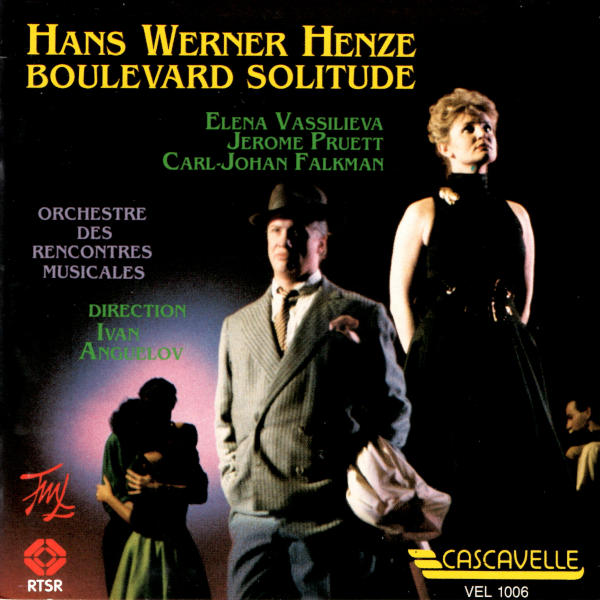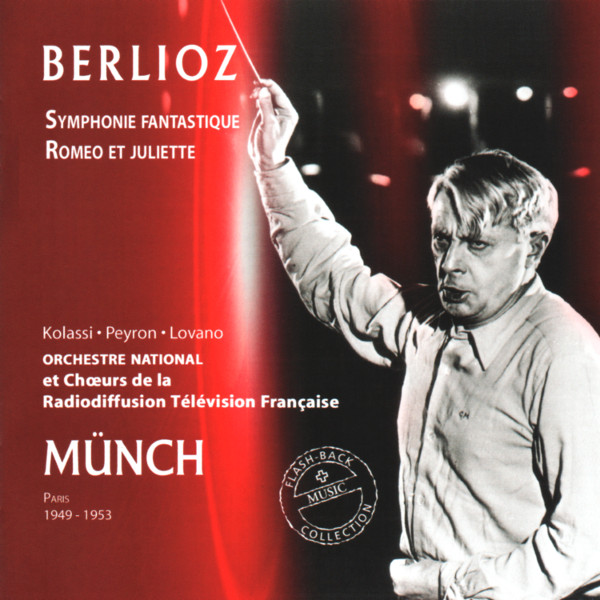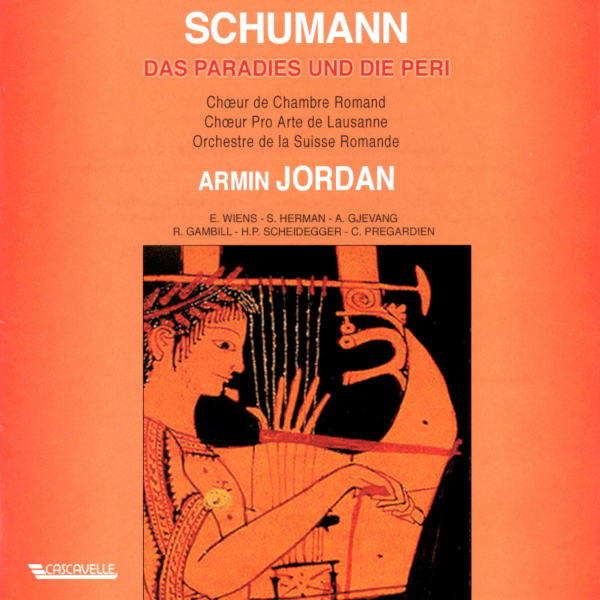Hans Werner Henze: Boulevard Solitude (Live) – Elena Vassilieva – Jérôme Pruett – Carl-Johann Falkman – Orchestre des Rencontres Musicales, Ivan Anguelov
VEL1006
Hans Werner Henze: Boulevard Solitude
Prolog & Scene 1: Bahnhofshalle (Armand, Manon) – Scene 2: Mansardenzimmer (Armand, Manon, Lescaut) – Scene 3: Elegantes Boudoir bei Monsieur Lilaque (Manon, Lescaut, Lilaque père) – Scene 4: Universitätsbibliothek (Francis, Armand, Manon) – Scene 5: Kaschemme (Armand, Lilaque fils, Lescaut, Manon) – Scene 6: Im Haus Lilaque Fils (Manon, Armand, lescaut, Lilaque père) – Scene 7: Vor dem Gefängnis (Armand).
Manon Lescaut: Elena Vassilieva
Armand des Grieux: Jérôme Pruett
Lescaut: Carl-John Falkmann
Francis: Jean-Marc Salzmann
Liliaque père: Bruce Brewer
Liliaque fils: Daniel Ottevaere
Chœurs du TML Opera Lausanne
Chœurs d’enfants d’Epalinges
Orchestre des Rencontres Musicales, Ivan Anguelov, Conductor.
https://www.sinfonietta.ch/presentation/
Boulevard Solitude
The first of my works to fill a whole evening, “Boulevard Solitude,” a modern title for those times, was composed within a few months in Wiesbaden, where I was a conductor at the ballet.
In those years, young people like myself were fascinated by classical ballet. Many young German artists were impressed by the choreographies and scenery of the “Ballets de Paris,” which were touring Germany in 1949. In my opera, one certainly feels this influence, as well as that of Jean Cocteau, jazz, modern opera from Weill to Milhaud, and all the beautiful and interesting works from which we had been deprived under the fascist regime.
Dodecaphony also appeared to us like deliverance and hope. It seemed to give us the possibility of expressing human feelings in a new and deeper way. We thought (not so wrongly) that free tuning would blend with today’s world like other new acquisitions of our century, such as psychoanalysis and free poetry, with its objective way. It is therefore not surprising that the love scenes in “Boulevard Solitude” should be composed in free tuning since my dodecaphony wanted to show, in those days, a free world, non-bourgeois, while the old corrupted world had to be presented in the usual tonalities. I did not really like the opera form at that time, except for “Carmen” and “The Tales of Hoffmann,” and of course, my early undying love for Mozart. But I preferred the ballet because I believed that movement in space, flight, lightness, and physical beauty were better suited to the meaning and the spirit of music than other forms of musical theater. Slowly, as I was writing “Boulevard Solitude” and after the premiere in Hanover in 1952, I realized that music emerging from voices and bodies had more effect than ballet, where music is usually a mere accompaniment, a necessary medium. In “Boulevard Solitude,” there is a mixture: some roles are sung, others danced or acted. It could be called a ballet-opera, such as the French baroque had created it.
Hans Werner Henze
Out of stock








Show comments












No comments yet